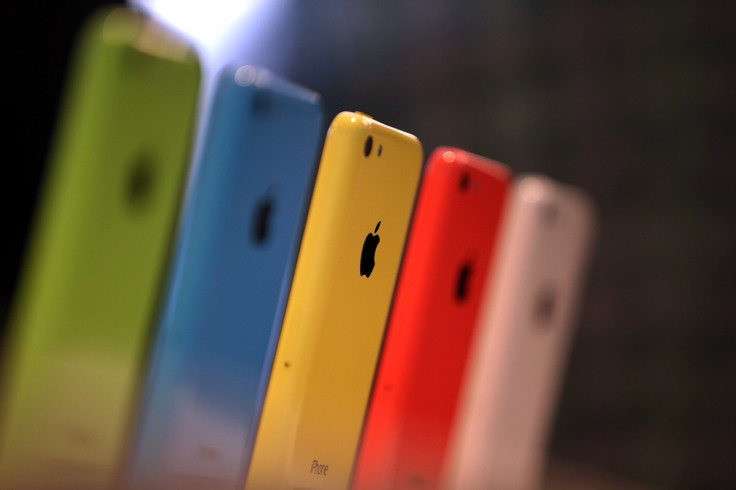FBI yet to 'find' anything tangible in San Bernardino shooter's iPhone

Despite having accessed the contents of San Bernardino shooter Syed Farook's iPhone 5C over two weeks ago, the law enforcement agency has not been able to uncover any significant evidence or data. The federal law enforcement agency is believed to be still in the process of analysing information on the iPhone, according to CBS News.
There has been widespread speculation on how the FBI went about unlocking the iPhone. While previous reports indicated that the law enforcement agency would enlist the services of Israeli company Cellebrite, more recently, it has been indicated that the FBI paid professional grey hat hackers a one-time fee to provide a software-based solution to unlocking the iPhone.
The FBI seems disinclined to share information on its access to the iPhone with Apple, despite the tech giant's request. FBI director James Comey reportedly said the bureau is still undecided on whether or not to share the information. "If we tell Apple, they're going to fix it and we're back where we started," he said. "As silly as it may sound, we may end up there. We just haven't decided yet."
The FBI has, however, already shared information on how they hacked the iPhone with a few US senators in a confidential briefing. The briefing was believed to have provided more information on a new encryption bill that was recently proposed by Senators Dianne Feinstein and Richard Burr, which if passed, would allow the US government to legally compel tech firms to hand over user data when presented with a court order.
The FBI's lack of success in finding useful information from the iPhone was already predicted by Salihin Kondoker, the husband of Anies Knodoker, a survivor of the San Bernardino shooting. In a letter sent to the Judge presiding over Apple's case against the FBI, he said: "In my opinion it is unlikely there is any valuable information on this phone. Why then would someone store vital contacts related to an attack on a phone they knew the country had access to? They destroyed their personal phones after the attack. And I believe they did that for a reason."
© Copyright IBTimes 2025. All rights reserved.






















